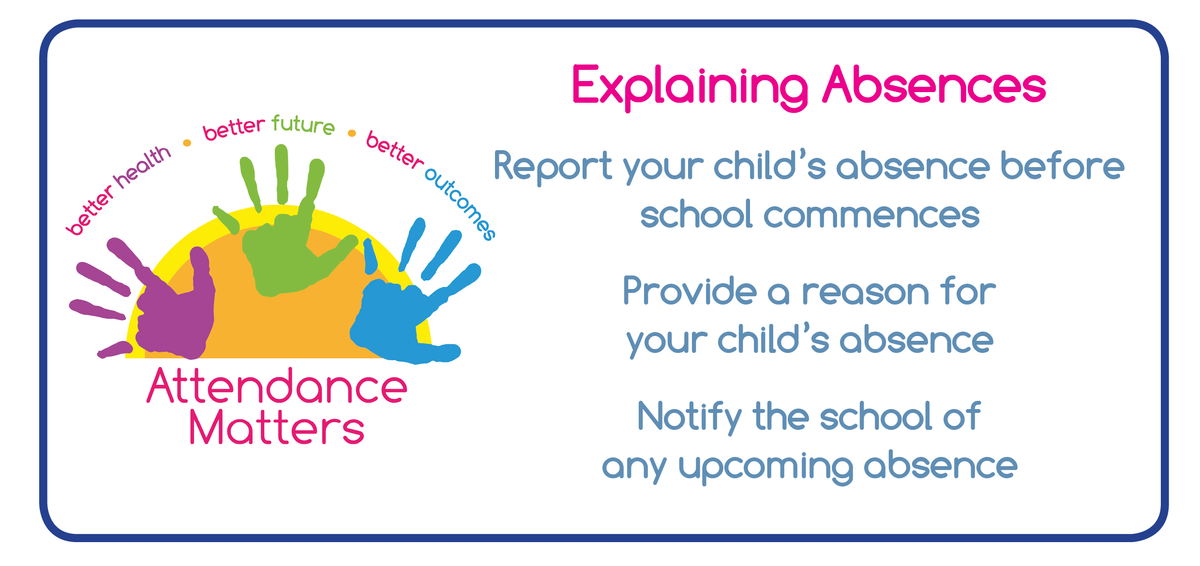Principals Parenting News

St Mels on PAM
School Stream will no longer be used by St Mels from 2023 for parent communciations and upload of absences. We have moved to PAM (Parent Access Module) which can be accessed from your phone through Simon Everywhere. Emails were sent out to parents last week with instructions on how to login. If you have not recieved this please contact the school office. Please see St Mels Simon / PAM page in this newsletter
Parent Reading of the week
Emotional Intelligence
The skills of communicating well and getting along with others are very important, and can be improved with practice.
What is 'emotional intelligence'?
The set of skills involved in communication and relating to others can be called Emotional Intelligence (EQ). These skills include:
- knowing your own emotions
- recognising and being sensitive to other people’s emotions
- knowing how to calm down when you are upset or angry
- developing the skills of restraint - knowing when it is wise not to say or do something.
Developing emotional intelligence skills helps young people succeed. Study after study has found associations between high levels of EQ and success, for example:
- a major Asian bank found that EQ was a better predictor of workplace success of its employees than IQ
- in a study of USA Air Force recruits, EQ was the best predictor of success
- in a study of 286 organisations where job competencies of star performers at every level were analysed. The most powerful predictors were the EQ skills of awareness, self-regulation, self-motivation, empathy and social skills
- friendship skills also predict successful romantic relationships.
Dealing with bullying
Ways to deal with bullying have been the subject of much research. We now know some of the things that work, and some of the things that don’t.
Be aware:
Bullying affects about 20 percent of the school population at any one time. While we don’t have accurate measures over many decades, we suspect the incidence of bullying was even higher when most parents were at school. In earlier times we weren’t as aware about bullying as we are today.
This is why some parents may have the incorrect belief that there is little that can be done to stop bullying. Fortunately, in this area we have become much more effective in the last few years.
What doesn't work in stopping bullying
Strategies that do NOT work with bullying include:
- fighting back
- bullying the bully
- ignoring it and walking away
- just playing with a different group of students
- remaining silent about the problem.
What parents can do as a first step
The most powerful ally a parent has in terms of dealing with bullying is their child’s school. Unfortunately, all schools have some bullying incidents. This means that all schools recognise it as a serious problem with negative consequences, and staff receive training on how to deal with it effectively.
Parents' first step should be to speak to the school. You do not need to ask your child’s permission to speak to their school. Understandably children who are being bullied are often fearful and worry that any action will worsen the problem. They may try to talk you out of speaking to the school. The solution is to make a parental decision to talk to the school. You can always let your child know later what actions you have taken.
Weekly Dad Tip
Everyone’s life balance is different and will alter as the needs of your children change and demands of work evolves over time.
Finding a comfortable and healthy balance for you is something you need to work on and fine-tune over your life-time stages.
When you have kids, finding a comfortable balance between work, family and your social life can sometimes feel more challenging, but it’s always possible!
Top Tips
1. Identify your priorities. Work out what is important to you at this stage of your life. Try not to juggle too many big projects at once. Small steps done well is the best plan.
2. Deliberately manage your time. Use a weekly calendar and map out your priorities to create a typical week with time allocated to our priorities. (family, work, exercise, leisure, relationships, etc).
3. Multitask and overlap activities. Exercise with the family, eat meals together, introduce your kids to hobbies you enjoy and do them together.
Dad Joke of the week
My inflatable house got a puncture yesterday. Now I'm living in a flat...
Source: https://thefatheringproject.org/ - feel free to join up for your weekly newsletter
If ever you need help sorting out personal or family issues, give CatholicCare Victoria a call. They offer many services to all members of our community – ALL FREE.
Safety Online
Kids online ~ esafety.
The following are some useful parental websites for online safety and online safety webinars -
Please remember to monitor your children’s online behaviour carefully and limit the time they are spending online. We have had reports of bullying using the app ‘Kids Messenger’. PLEASE talk to your children regarding this and be aware of your children’s online behaviours. Having set times for online usage, only use technology when other people are around, don’t allow children to take devices to their bedrooms, and having clear consequences in place for unacceptable use etc are good ways to keep your children safe.
Parents Corner
Attendance Matters
Attendance Requirements
If your child is sick or absent, you are required to notify the school as soon as possible on the day of absence, by using the schoolstream notification, phoning the school on 58213163 or emailing the school - office@smshepparton.catholic.edu.au.
Notifying the school of your child’s absence either prior to, or on the day that they will be away, helps ensure the safety and wellbeing of children and will fulfil your legal responsibility.
All Victorian schools are required to contact parents/carers as soon as practicable on the same day of an unexplained student absence. If your child is absent on a particular day and you have not contacted the school to explain why, the absence will be marked as unexplained.
This system also promotes daily school attendance. Going to school every day is the single most important part of your child’s education, they learn new things every day – missing school puts them behind.

